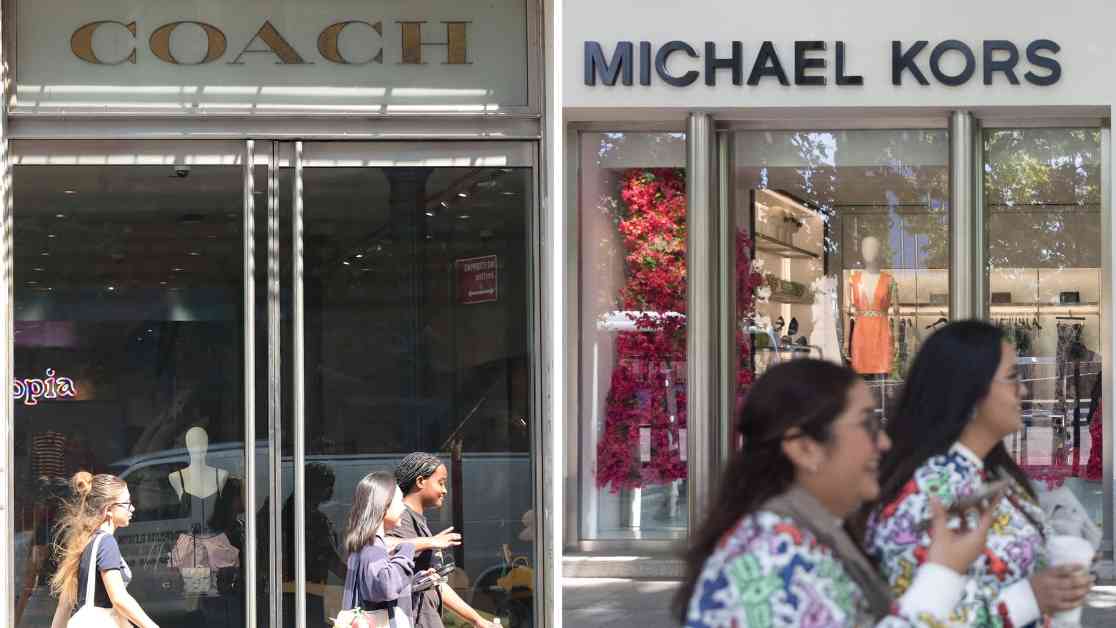A federal judge in New York blocked Tapestry’s acquisition of Capri, which would have combined America’s two largest luxury houses. The proposed merger would have brought together six fashion brands under one company: Tapestry’s Coach, Kate Spade, and Stuart Weitzman with Capri’s Versace, Jimmy Choo, and Michael Kors.
Following the judge’s order, Tapestry’s stock surged 10% while Capri’s stock plunged about 50%. Tapestry plans to appeal the decision, stating that they believe the merger is pro-competitive and pro-consumer despite the FTC’s concerns.
Under the terms of the merger agreement, Tapestry agreed to reimburse Capri for expenses if the deal fell through due to regulatory issues. Capri, on the other hand, would pay a breakup fee of $240 million if they decided to terminate the merger.
The Federal Trade Commission argued that the merger would harm consumers by making affordable handbags less accessible and potentially impacting employee salaries and benefits. Tapestry, on the other hand, believed that merging with Capri would allow them to keep up with trends, offer better products, and reach more customers.
The decision to block the acquisition comes at a time when consumers are increasingly price-sensitive due to elevated inflation. The Biden administration and Democratic candidate Vice President Kamala Harris have advocated for maintaining competition to keep prices low. The FTC, under Chair Lina Khan, has been active in blocking mergers and acquisitions in various industries to protect consumers.
During the trial, witnesses cited research showing that the merger could lead to higher prices for handbags, accessories, and apparel, with the combined company potentially lacking incentives to invest in product quality. Despite arguments from Tapestry and Capri that they are not each other’s main competitors, the judge ruled in favor of the FTC’s concerns.
Overall, the decision to block the merger between Tapestry and Capri has significant implications for the luxury fashion industry and consumers. The ongoing legal battle highlights the importance of competition and consumer protection in the marketplace.

















